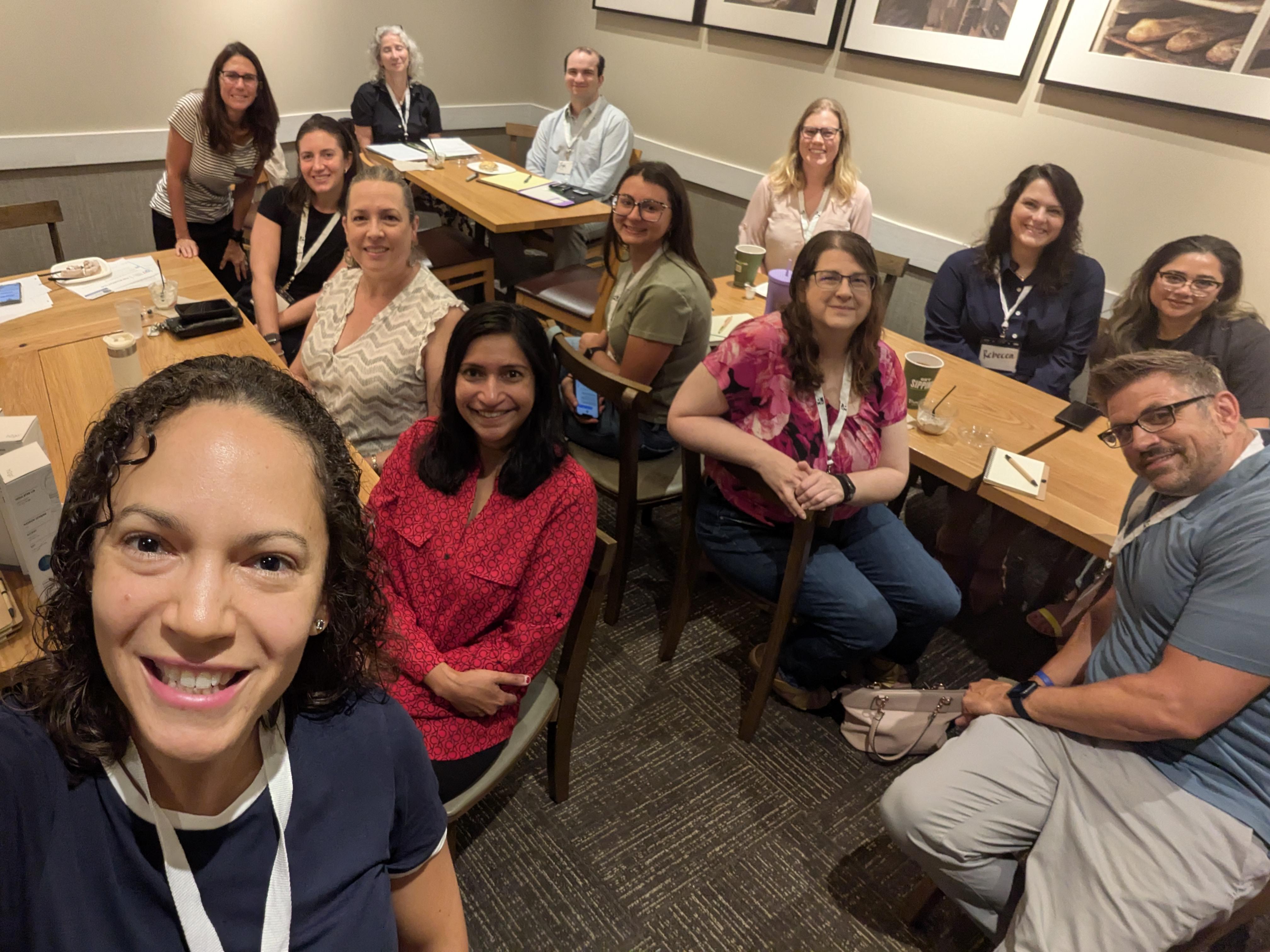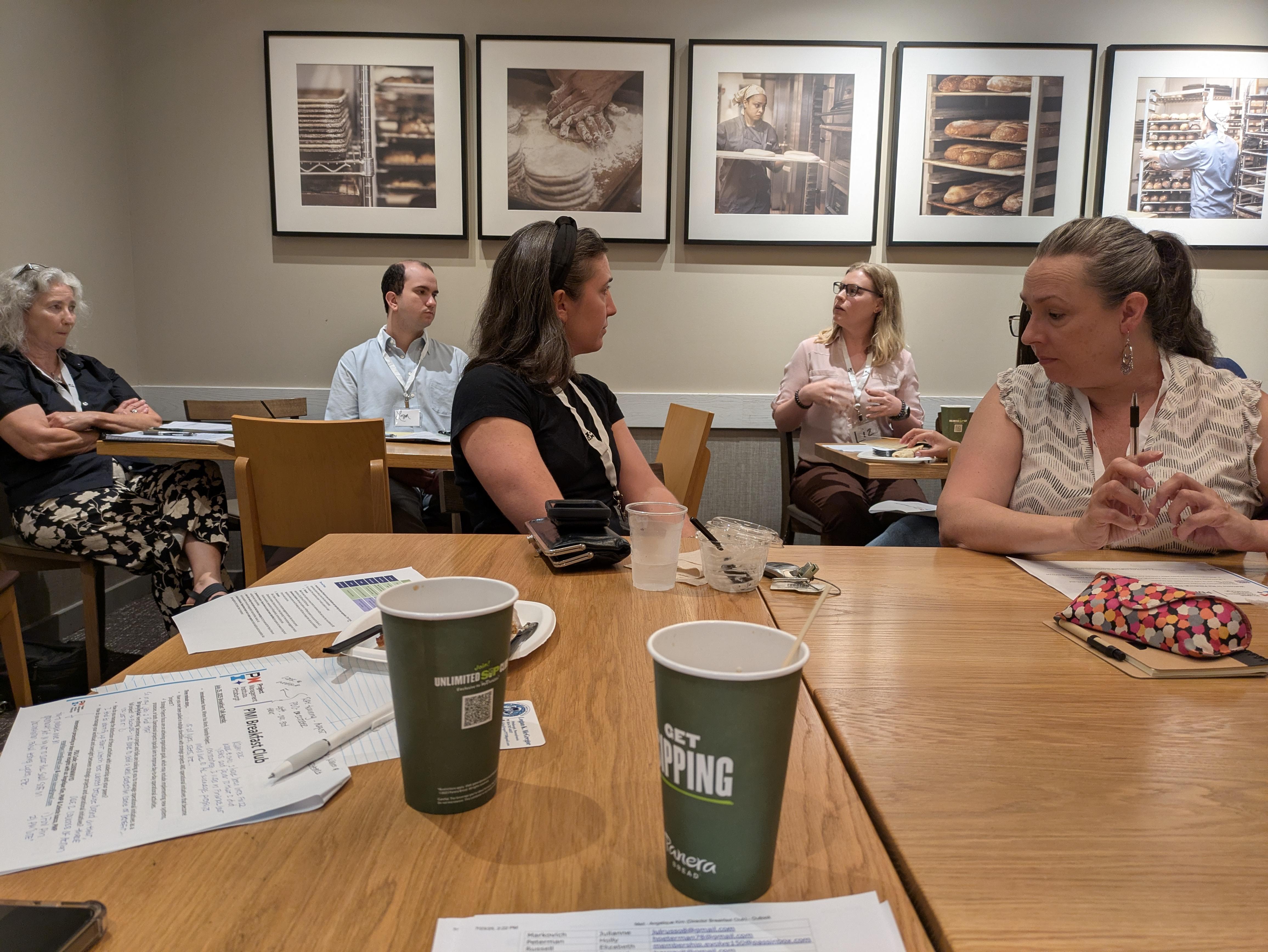On Friday, July 25th, 13 like-minded project management professionals gathered at the Panera in Waterworks from 7:30-8:30 am for good food and conversation. Karen Eck, Sr. Director of HR Strategic Programs and Services at Carnegie Mellon University, facilitated a discussion on strategic versus operational projects. Strategic projects focus on achieving organizational goals, which may include implementing new systems, processes, or both. Operational projects typically aim to improve day-to-day operational activities
As Project Managers, we often find ourselves managing a wide range of tasks, from complex strategic projects to smaller operational initiatives. It can feel overwhelming when all initiatives are expected to follow the same rigorous project management framework.
Some tips and tricks shared include:
Tailoring the project management approach by thoughtfully categorizing and adapting based on the activity. As PMs, we can better prioritize our efforts, manage expectations, and ensure successful outcomes for all initiatives. Categories include:
Full Project Management Oversight (Strategic Projects): These are projects that directly align with our strategic plan or have high organizational visibility. They warrant a comprehensive project management approach that includes a formal work plan, PMO meetings, testing cycles, formal change management plan, etc.
"Lite" Project Management Oversight (Operational Initiatives): For operational activities that can benefit from some structure without full project rigor, a lighter touch is appropriate. These projects would include setting up a formal work plan, identifying a clear project owner responsible for daily activities and milestone achievement, and holding status meetings focused on key milestone dates. The project plan is driven by the project owner.
Consultative Support (Other Operational Initiatives): These are operational tasks that don't require a formal work plan or extensive project management oversight. For these, offer consultative support through focused 60-90 minute meetings with the process owner to clarify objectives as well as collaboratively discussing how to accomplish the task and helping them develop an actionable plan.
As with all projects, documentation is important, such as a scoping document and having everything in writing. Whether strategic or operational, more projects are calling for hybrid approaches to getting the work done, having a change management plan is essential in ensuring successful adoption.




